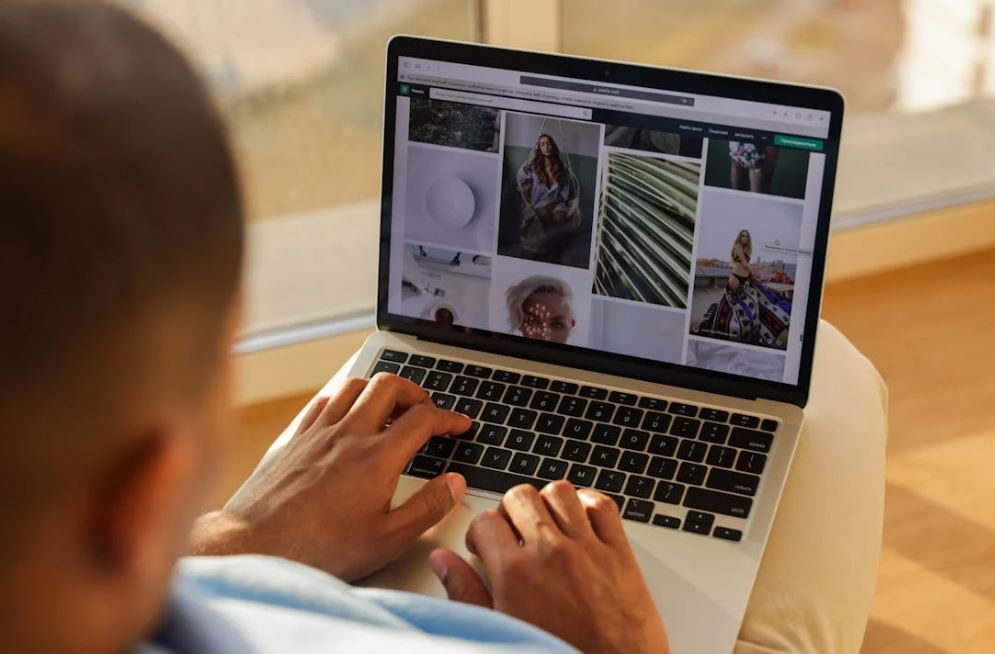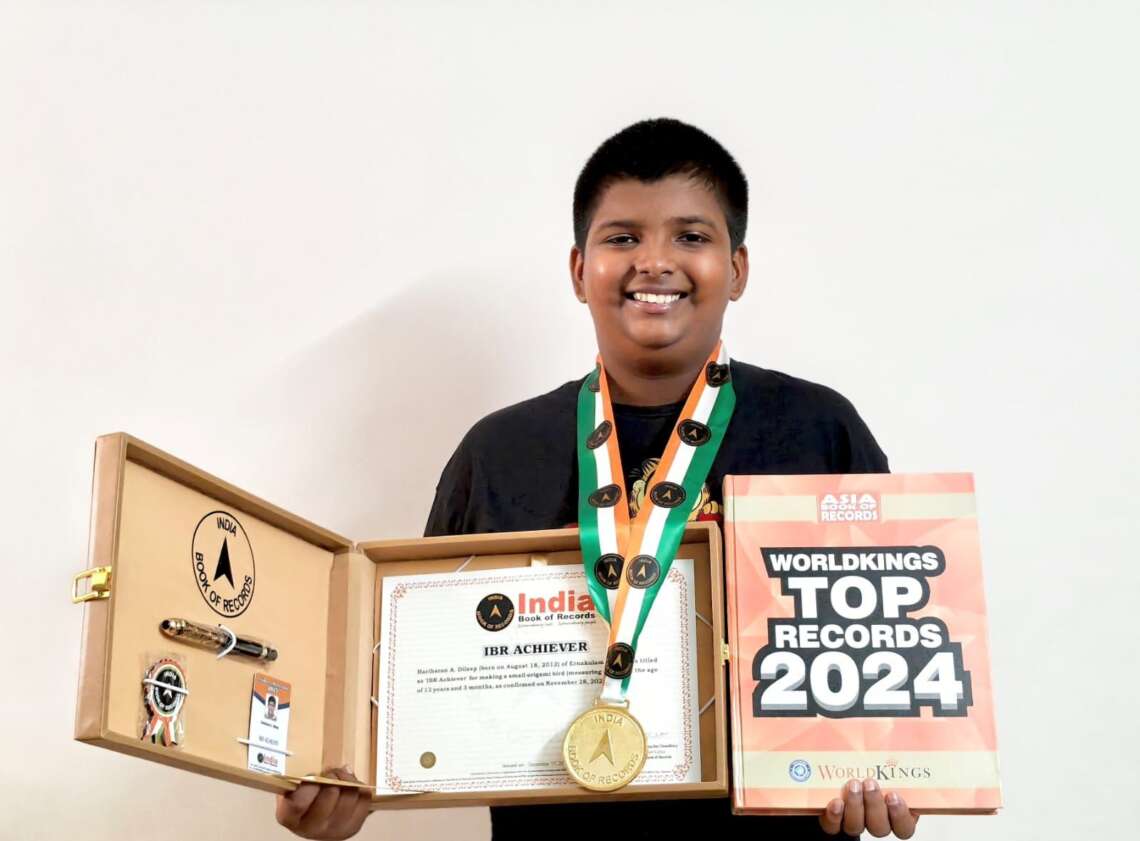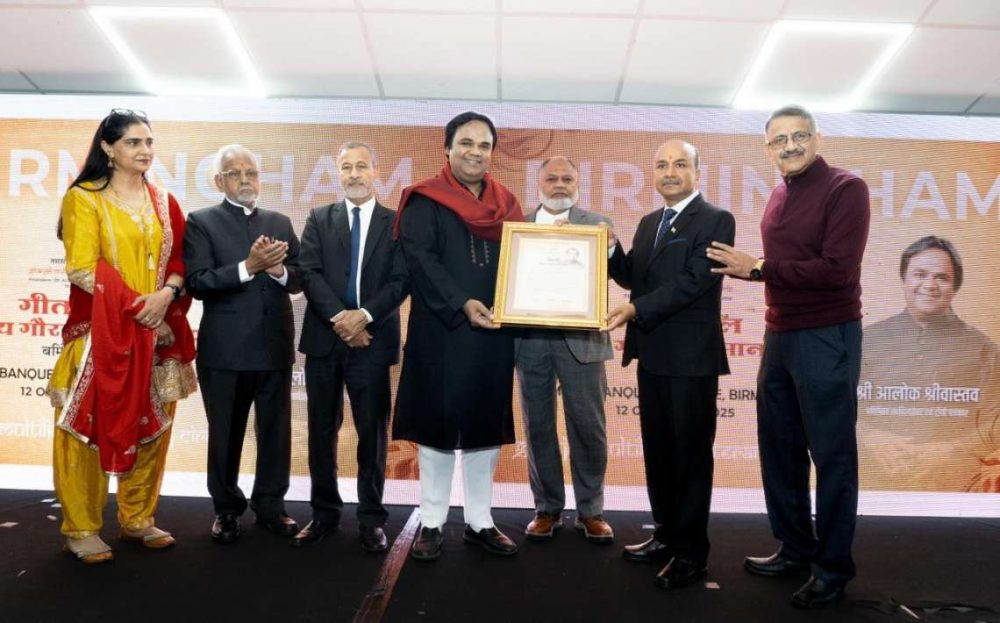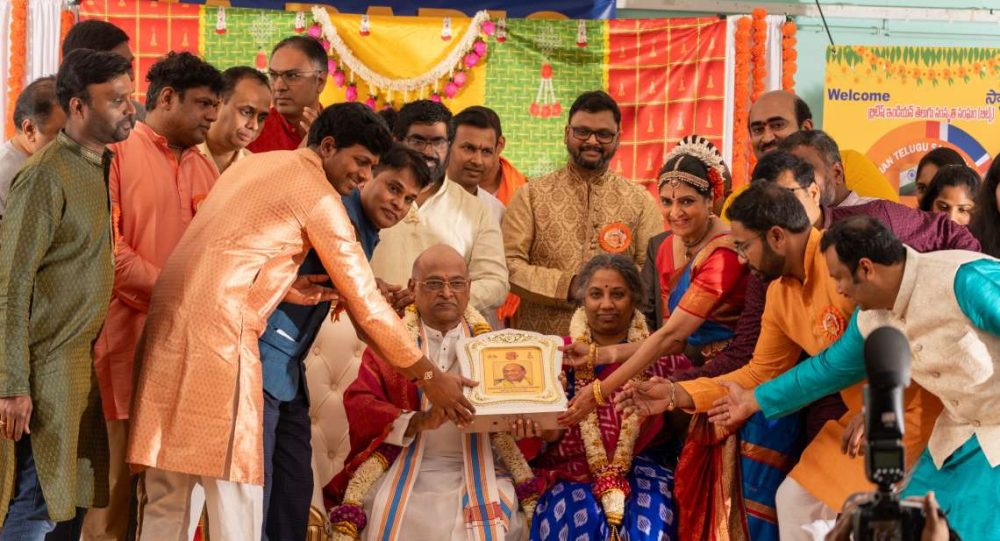The study indicates that the success of the deviant social media influencers lies in exploiting certain consumer characteristics that make them susceptible to their charms…reports Asian Lite News
Counterfeiting has become a global economic crime with far-reaching consequences, and a new study by the University of Portsmouth reveals how social media influencers are facilitating this illicit trade.
This study published in the Deviant Behaviour Journal, marks the first estimate of its kind and highlights the significant impact these influencers have on counterfeit demand. Researchers found that counterfeiters are leveraging the popularity and trust of social media influencers to promote their illegal wares, making it easier than ever for consumers to find and purchase counterfeit products.
The research, based on UK surveys of 2000 people, estimates 22 per cent of consumers aged 16-60 who are active on social media have purchased counterfeit goods endorsed by influencers.
Counterfeit goods pose a massive global threat, with an annual value of up to $509 billion, comprising 2.5 per cent of global merchandise trade. This illegal trade results in significant economic losses for legitimate businesses through violated intellectual property rights and a surge in counterfeit factories with exploitative working conditions. It also fuels criminal enterprises, compromises national security and supports terrorist groups. There are also thousands of deaths each year from counterfeit pharmaceuticals and risks posed by fake cosmetics, substandard food, toys, electrical goods and batteries. Addressing this complicated issue requires a deeper understanding of the forces driving the demand – which includes the use of social media influencers.
The study indicates that the success of the deviant social media influencers lies in exploiting certain consumer characteristics that make them susceptible to their charms. Key factors include high susceptibility to the influence of trusted digital others, low risk awareness, high risk appetite and a tendency to rationalise morally questionable purchases.
Professor Mark Button, Director of the Centre for Cybercrime and Economic Crime at the School of Criminology and Criminal Justice, University of Portsmouth, said: “Social commerce is the new frontier for marketing, and the social media influencers are the new royalty. Consumers in this marketplace often rely on remote recommendations by third parties, and these influencers have increasingly replaced the customers’ own evaluations of purchasing risk.”
The research also suggests that young consumers are most likely to fall prey to the persuasive tactics of these influencers. The findings show that young adults aged 16-33 years are three times as likely to purchase endorsed counterfeits as older consumers aged 34-60 years. Males account for 70 per cent of all buyers, with their risk tolerance and susceptibility to influencers contributing to this high prevalence.
Dr David Shepherd, School of Criminology and Criminal Justice at the University of Portsmouth, said, “Counterfeit products injure and kill hundreds of thousands of people across the world. The working conditions in the counterfeit factories are unsafe with subsistence level wages. Don’t be fooled by social media influencers. We strongly urge everyone to check the products they endorse. Why are they promoting the products? Are they too cheap to be true? Where do they come from? Do you really want to be involved in an exploitative and deadly trade?”
While this research focused on the UK, its implications are far-reaching, considering the global nature of the counterfeit market and the interconnectedness of social media platforms. As counterfeiters find new ways to exploit digital marketing techniques, there is an urgent need for industry players and authorities to collaborate and combat this growing threat.
The study also highlights the role of social media platforms and legitimate brands in either fostering or discouraging the counterfeit trade. Researchers call for a more robust approach in policing the content and advertisements that feature on social media platforms, ensuring legitimate brands do not inadvertently contribute to the counterfeit market.
The fight against counterfeit goods is a multi-faceted challenge, requiring a systemic approach involving consumer education, stronger regulations, and more stringent enforcement efforts. By addressing the root causes of consumer susceptibility and targeting deviant influencer marketing tactics, stakeholders can work together to curb the spread of counterfeit products and protect consumers from economic, social and personal harm.
Professor Button says, “This study raises serious concerns about the impact of deviant influencer marketing on consumer behaviour, particularly among vulnerable demographics. It is crucial for brands, regulators and law enforcement agencies to take action and disrupt the activities of these illicit influencers and the networks that support them”.
ALSO READ-Over 60% of world now on social media












